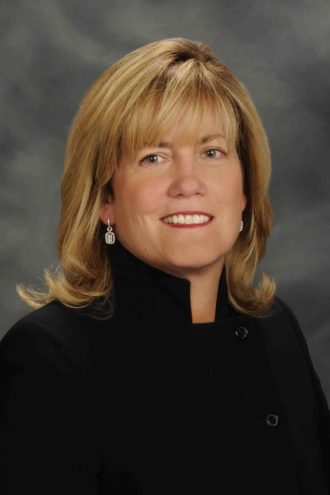When the commercial real estate market is in turmoil, valuations are needed. And when the market is stable, valuations are needed. Either way, a professional valuation is not guided by a magic crystal ball—the process is both art and science.
North Texas had been humming along thanks to an 11-year long bull run. The region was leading the country in job growth. The prospects for relocating companies to the area from out of state fueled a seemingly ever-robust office market. Businesses saw record profits and income close to historical highs at the end of 2019. Meanwhile, the DFW real estate market paced the country in multifamily and industrial construction. That all came to an abrupt stop with COVID-19.

Many of us have dealt with natural disasters, such as tornadoes, hurricanes, floods, wildfires, earthquakes, and drought. Human-caused disasters include riots, mass violence, terrorism, shootings, and industrial accidents. COVID-19 is like nothing we have ever seen; it seems to have touched nearly every aspect of our lives.
The effects of the pandemic are being applied unevenly across property types, geographies, tenancy, and other influences.
As valuations are prepared over the coming weeks and months, the valuers will need to give extra consideration to many factors. These include anticipation of future benefits, supply and demand/desire, substitution/comparison, balance (the relationship between cost, added cost, and returns), and progression/regression (increases or decreases in the price of a property with perceived value).
In consideration of income, market, and asset valuation considerations, this pandemic has made some methods more appropriate than others. As examples, using discounted cash flow analysis, an income method, the valuer projects financial performance over a period of years. Using capitalization of cash flows, another income method, the valuer reviews a single income stream, likely based on historical results, to project income.
Because of the extreme uncertainty and economic environment, the discounted cash flow method is likely a better option because it focuses on the inherent value and fundamental assumptions about a property. In addition to being more flexible, discounted cash flow can consider the balance between current supply and demand with recovery and post-recovery expectations.
For example, the closure of a home décor retailer Pier 1 Imports in a shopping center may affect that property for the immediate future, but not necessarily for the long term.
Dealing With a Cloudy Future
How the overall real estate market will bounce back is yet to be fully seen. I’ve read and heard a lot of takes on how COVID-19 will be the end of open office concepts as we know it, and that employers will begin embracing more remote working options. However, that must be balanced with the need for more physical space due to social distancing.
The good news is that the industrial and logistics sector is strong. It seems that investors want big-box warehouses near logistics hubs and in primary and secondary markets. It is a great time to be in industrial real estate, as more and more warehouses are being built to fuel e-commerce needs and retailers’ need for inventory control.
Although it may be well into 2021 until the NCREIF Property Index returns see increases again, business opportunities abound for everyday entrepreneurs. A leader in the most turbulent of times, President Franklin D. Roosevelt said, “Real estate cannot be lost or stolen, nor can it be carried away. Purchased with common sense, paid for in full, and managed with reasonable care, it is about the safest investment in the world.”
There is no doubt that the valuations of equity and debt investments will be tricky. Various market-derived assumptions and methodologies will be necessary to develop a fair and reliable value estimate based on current market conditions. It is also particularly important to conduct broker and investor surveys to gauge the sentiment of market participants. When reviewing valuations, one should consider how the valuer addressed these issues.
Economists point to the strength of the economy pre-COVID-19 as somewhat of a shield from the harshest of whatever downturn might be forthcoming. Moreover, our local economy is diverse enough to fuel bouncing back quicker. It is difficult to read the almost daily headlines of layoffs and unemployment, but the market is cyclical and what goes down must come up again. The economic mix of public policies, low regulation, and taxes in Texas will help to speed the rebound.
Most CRE experts believe this is a short-term correction, and depending on the property type and location, there could be minimal or significant impacts on value. Until we see actual sales, which reflect the decrease in value or increase in capitalization rates, it is challenging to measure. One thing I’m sure of, however, is that the Texas economy is resilient and will recover—and there is no other place I’d want to be than right here in Dallas-Fort Worth.
Commercial real estate entrepreneur Diane Butler is president of Dallas-based Butler Advisers, a firm serving predominantly institutional clientele with practical strategies and sound real estate solutions. She holds MAI, FRICS and CCIM designations and can be reached at [email protected].





